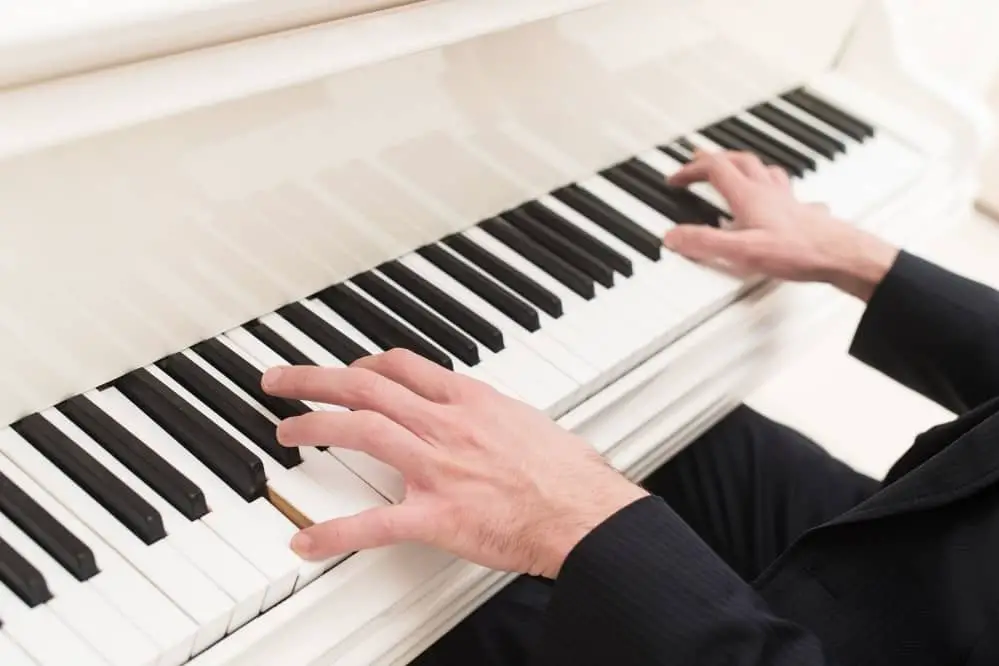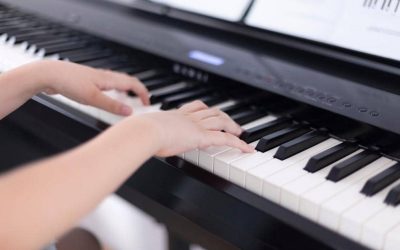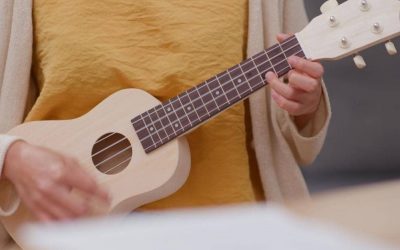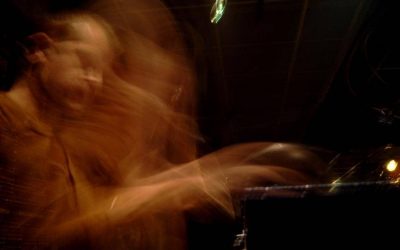When you play the piano, your ultimate goal is to play without making any mistakes, but other than lots of practice, what is the best way to accomplish this? Indeed, becoming an expert piano player does involve a lot of time practicing, but there are other things you can do to improve your skills and play flawlessly more often. Most of these things are simple to do and things you can pick up in no time, so if you’re interested in improving as a musician and in making fewer mistakes, below are some tips to keep in mind.
Memorize Your Music
If you intend to be a musician, you’ll have to memorize your music eventually, so why not start now? Memorizing your music isn’t as difficult as you think and in fact, the more you practice it, the easier it will become. Don’t feel overwhelmed by this task, either, because memorizing your music small pieces at a time is the best course of action for you. Just take one section of the music at a time and memorize it, then move onto another section. When you get to the point of putting the entire song together, you’ll be surprised by how good you’ll sound.
If you look at the music every time you play, you’ll naturally make more mistakes, but memorization doesn’t just allow you to learn the notes by hand. It also allows for more personalized artistic expression while you’re playing. Once the piece is memorized, you’re doing more than just playing notes. You’ll be able to anticipate what comes next and play each note the way it was intended to be played.
When You Practice, Always Go Slowly
Your piano speed makes a big difference when it comes to making mistakes. In the beginning when you are unfamiliar with a certain piece of music, playing too fast will naturally cause more mistakes. While frequent practices are a must, so is playing consistently and slowly. Some of the many advantages of playing the piano slowly include better and more consistent fingering, more even fingers when they press the keys, and a more solid foundation when it comes to the overall rhythm. All of these things improve if your practices are taken slowly.
You also need to practice consistently, which means not cramming all of your practices into one or two long days. Instead, practice for just a few hours each day at least five days a week. If you try to cram too much practicing into just one day, you’ll end up making more mistakes, not fewer mistakes, because you’re trying to do too much at once.
Always Try Playing with Emotion
A musical piece is not just a bunch of notes on a sheet of paper; it is way more than that. Try to establish a relationship with the music so that you’re playing with some type of emotional attachment to it. If you love music and you’ve chosen the right piece to play, this should never be a problem. If you reduce playing the piano to just a bunch of notes and rhythms, you’ll likely always make mistakes. Instead, connect with the music and try to become one with it.
This also helps when you finally start playing for an audience. If you’ve ever attended a piano recital, you’ll know exactly what this means. When you play a piece with emotion, your audience members will notice immediately. If you don’t, they’ll notice that as well. The more emotion you exhibit when you play a piano piece, the easier it becomes to memorize that great piece of music.
Picture the Performance in Your Mind
Another great way to play piano without mistakes is to visualize your performance each time you practice. This is yet another way to establish an emotional bond with the music, and it goes a long way in helping you learn to play without mistakes. Picture yourself on stage and the audience enraptured by your performance. Doing this helps you realize that you cannot make mistakes once you get in front of an audience, and as you practice, you’ll naturally make fewer mistakes every time.
Yet another advantage to this tactic is that it builds up your self-confidence, and that alone is naturally going to allow you to play with fewer mistakes. Being on stage is usually a scary experience, but by picturing yourself on that stage every time you sit down to practice, it will become a little less scary and help you make fewer mistakes each time you play.
While you’re at it, why not play your music for your first live audience, meaning family and friends? Many musicians claim that playing in front of people they know is much harder than playing for people they don’t know. Playing for friends and family members is nerve-wracking at first, but it’s one of the best ways to reduce your nervousness and therefore learn to play without making any mistakes. Plus, if you can play flawlessly in front of people who are close to you, you can more easily do it with anyone else in the audience.
Don’t Have Expectations That Are Too High
When push comes to shove, you have to remember that as a human being, you are fallible, which means you are going to make mistakes. Taking measures to reduce your mistakes – such as choosing simpler music and practicing on the piano that you’re going to be playing on at the performance – goes a long way in helping you have a much better performance, but in the end, you just have to accept the fact that you’re going to eventually make mistakes. There is simply no way around it.
You can also do a few simple things to reduce or eliminate your mistakes. Playing the piano well is both a physical and an emotional experience, and you have to pay attention to both aspects to succeed. Practical solutions such as making sure you get enough sleep the night before a performance can help you get much better results when you finally get on stage, and let’s face it, there is still no substitute for the most important tip of all – practice, practice, practice.






